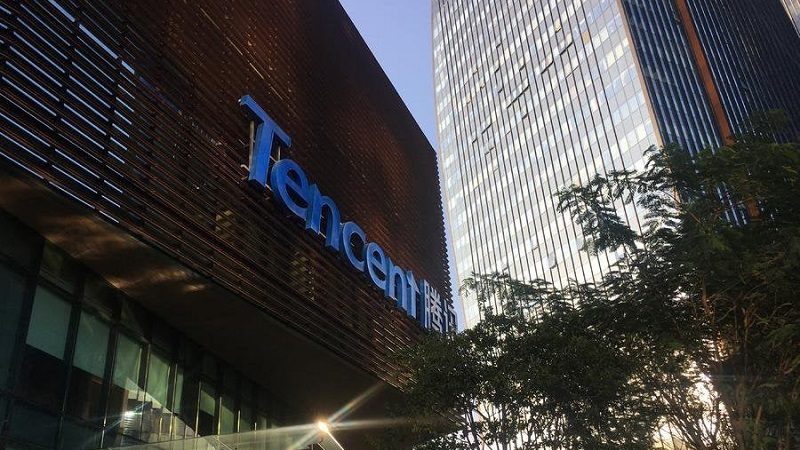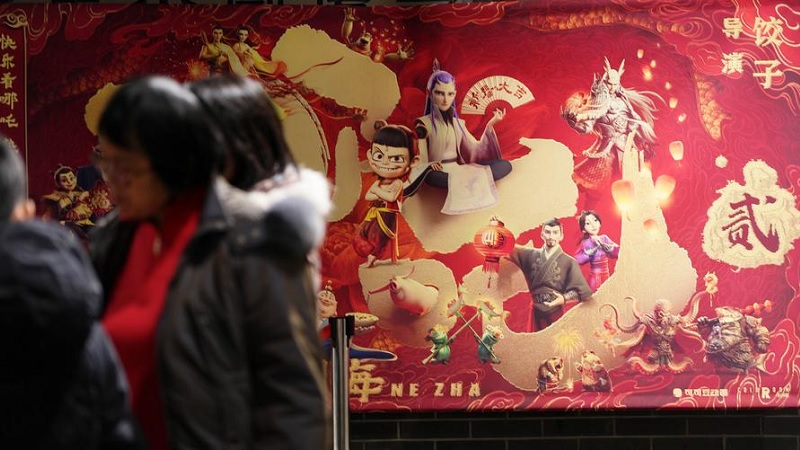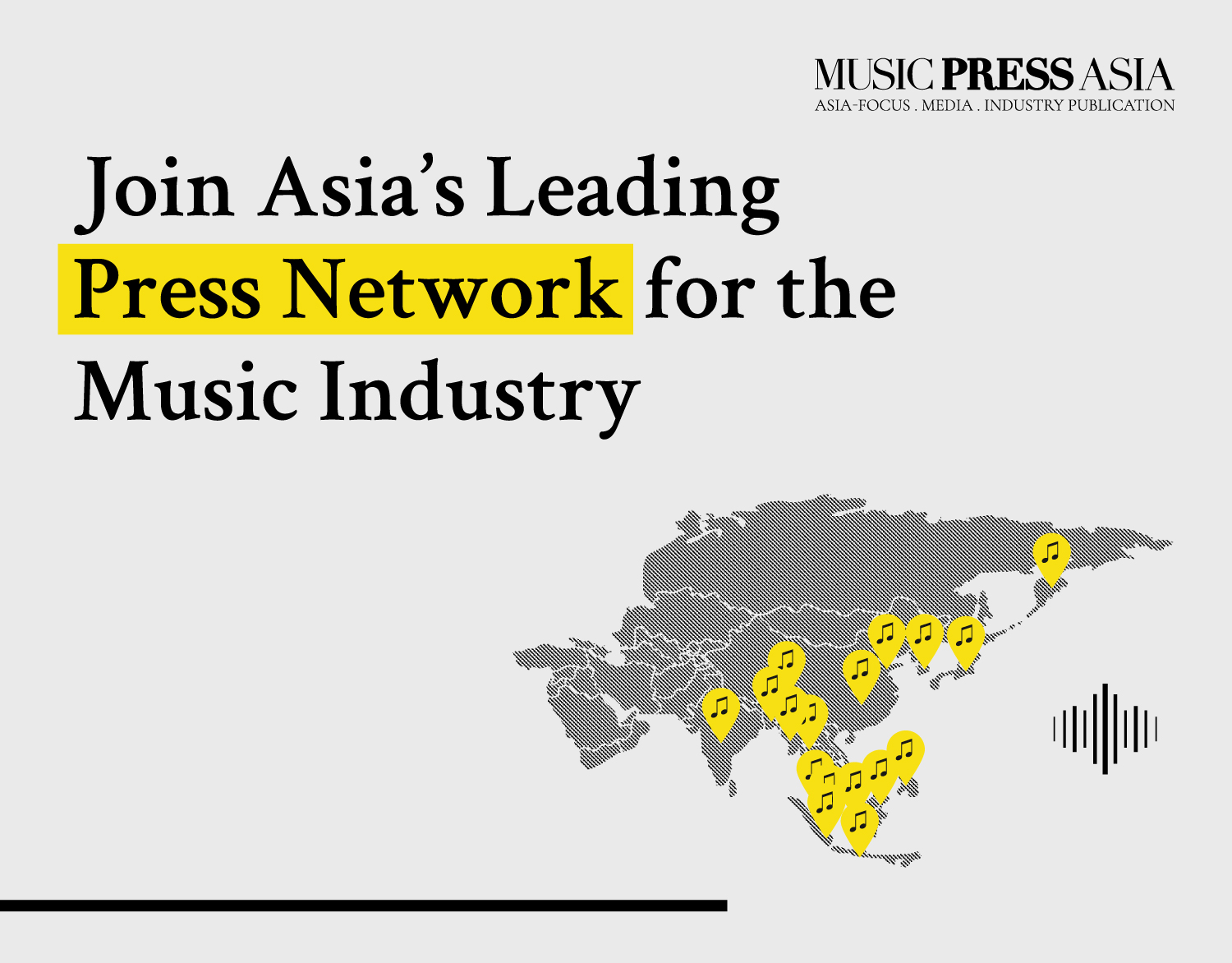Tencent To End Exclusive Music Licensing Deals, Orders From China’s Antitrust
China regulator State Administration for Market Regulation (SAMR) fines Tencent Music, a move to restore market competition for the music industry in China.
China regulator State Administration for Market Regulation (SAMR) fines Tencent Music, a move to restore market competition for the music industry in China.

China Orders Tencent To End Exclusive Music Licensing Deals
When China regulator ordered Tencent Music Entertainment Group to give up its exclusive rights to music labels in July this year, we sense a shift of confidence for record companies out there.
SAMR has spoken. Following plans to restore market competition against illegal operator concentration since China’s implementation of its Anti-Monopoly Law, the fine comes after Tencent Music misreported its acquisition of major market competitors.
But has it come a little too late for the tech giant?
In a report by Reuters in April, it said that SAMR aimed to fine Tencent Holdings at least 10 billion yuan and that the social media leader was lobbying for leniency.
SAMR has ordered Tencent Music to stop payment methods for copyright fees such as high prepayments and to not require upstream copyright owners to give conditions superior to competitors without justifiable reasons.
Additionally, SAMR has also imposed a fine of 500,000 yuan ($77,000) on Tencent’s anti-competitive behaviour and violations in its acquisition of China Music in 2016.
Tencent and the China Music Corporation held about 30% and 40% of the market in 2016 respectively, according to SAMR’s announcement. And since Tencent has gained more than 50%, now owns more than 80% of the exclusive music library resources after merging with major competitors in the market.
In order to allow regulators to supervise its implementation according to law, Tencent was ordered to report to SAMR annually over the coming three years.
Tencent Music, in response, has earnestly agreed to “comply with all the regulatory requirements, fulfill our social responsibilities and contribute to healthy competition in the market.”
Tencent will work with affiliates, including Tencent Music Entertainment, to make those changes and ensure full compliance.
The punishment has indeed sent a clear signal to foreign and domestic market players. That signing long-term exclusive agreements to monopolize market status are no longer acceptable practices.
Consequently, NetEase, China’s internet technology giant (also NetEase Cloud Music) welcomes the news positively.
In a statement, it pledges support for SAMR’s decision to play its part in compliance with laws and regulations. Supporting the banning of behaviors of inflating copyright prices.
In a recent call with thepaper.cn, CEO of NetEase Ding Lei encouraged record companies to open up licensing and collaborate in a fair and open way as a healthy way forward for the licensing sector.
The anti-monopoly penalty decision made by the state market regulator, suggested by Ding, released a clear and positive. An encouraging signal for the whole industry both domestically and internationally.
On the trade side of things, Tencent Music has signed exclusive copyright agreements in the Chinese mainland with Universal Music, Sony Music, and Warner Music. This has allowed them to sub-license relevant content to other platforms. Under these circumstances, other music platforms would then need to license or purchase copyrights at an inflated price.
Competition in the copyright section has indefinitely shifted. It is all good news at this point. With costs for consumers being further reduced, NetEase Cloud Music may just stand a chance to go public, independently.
The total revenues of Tencent Music in the second quarter of 2021 reached $1.24 billion, an increase of 15.5 percent year-over-year. Its revenues from music subscriptions reached $277 million, up 36.3 percent year-over-year.
Tencent’s business includes WeChat — China’s most popular messaging service, games, music, and fintech services. Listed in Hong Kong, Tencent has a market value of nearly $656 billion.
China’s grip on internet giants
The latest regulatory crackdown, since the beginning of 2021, comes as Beijing continues to curb the power of its domestic technology firms, which have grown to become some of the most valuable companies in the world.
China’s widening clampdown has ranged from anti-competitive practices, data security to increased scrutiny on Chinese companies overseas.
In July, Chinese regulators launched a cybersecurity inquiry on Chinese ride-hailing service Didi days after its massive U.S. IPO. In the past year, Beijing also slapped a $2.8 billion antitrust fine on Alibaba and suspended Ant Group’s $34.5 billion IPO.
In April, the SAMR summoned 34 companies including Tencent and ByteDance and ordered them to conduct self-inspections so as to comply with anti-monopoly rules.













